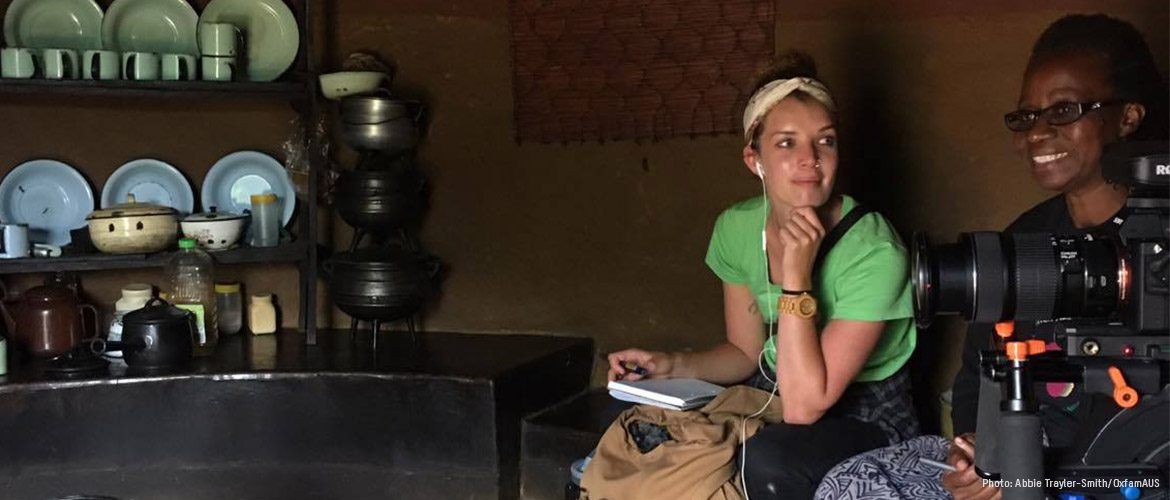
Oxfam staff member Kate Bensen travelled to Masvingo province, Zimbabwe, to report on our WASH and Unconditional Cash Transfers projects.
On my first day in Zimbabwe, on my first visit to Africa, I couldn’t believe how different it is to what I’d imagined.
My team went to Zimbabwe to gather stories about the severe drought that’s ravaged the country for years, leaving millions without enough food to eat. We wanted to document Oxfam’s response to the crisis.
But shortly before we arrived, the rain came — and it was torrential. At first, it was a welcome surprise.
https://youtu.be/FXV5Qn-vBHc
That sense of relief soon gave way to fears of flooding, destroyed crops and water contamination.
I met one family who returned home from a funeral to find that their house had collapsed in the rain.
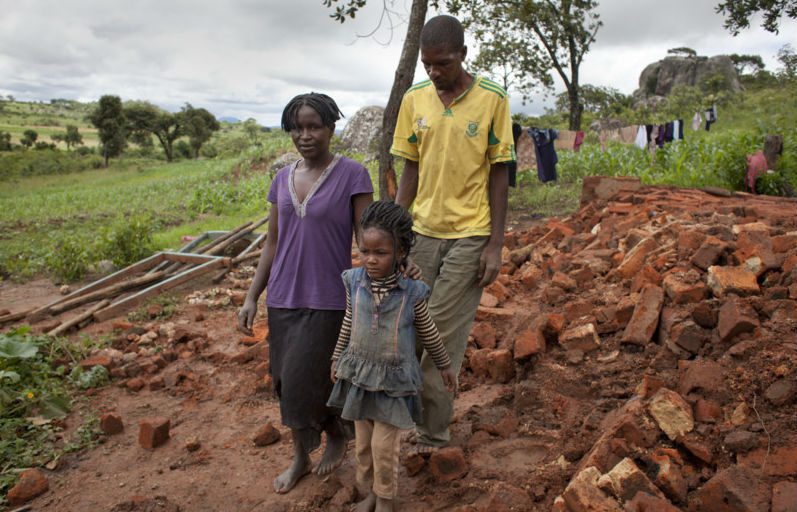
Photo: Abbie Trayler-Smith/OxfamAUS
I expected to spend my days in Zimbabwe documenting stories of drought and sunburnt crops but, as I met the locals in Masvingo, I discovered that their story is one of unpredictable, extreme weather.
Be it drought or flood, the people of Zimbabwe have been at war with the elements for years.
And Mother Nature is winning.
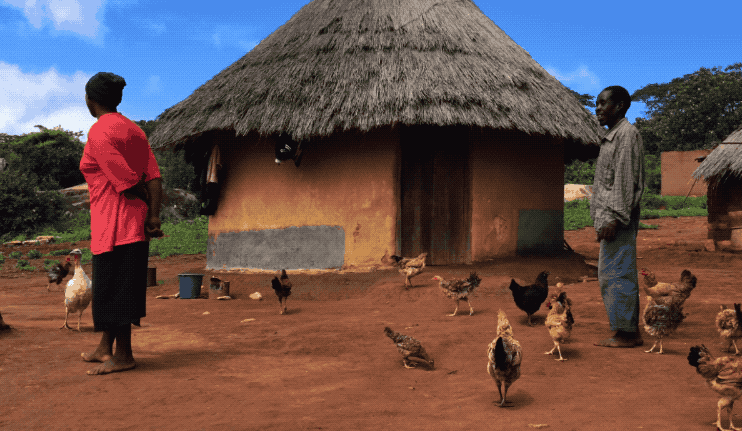
Image: Kate Bensen/OxfamAUS
When I met Chipo and Pesanai, a couple receiving Oxfam assistance, I was touched by their aspirations for their children and their pride in their home.
Chipo showed me this incredible wall unit that she designed and made by hand.
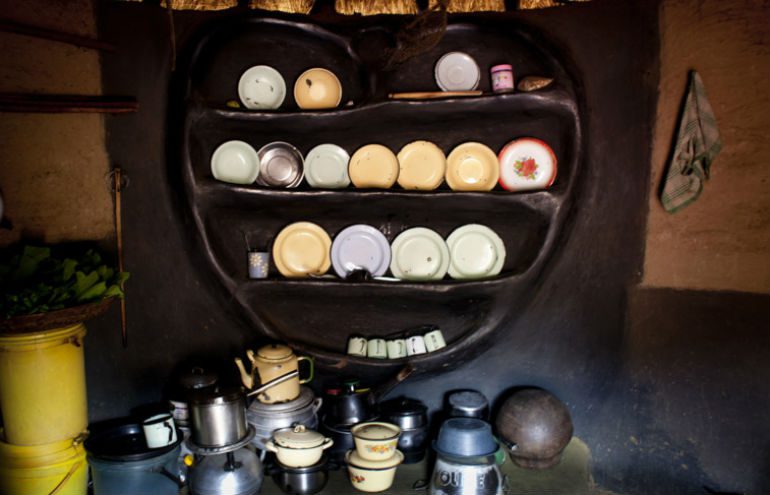
Photo: Abbie Trayler-Smith/OxfamAUS
It’s hard to see these families grappling with hunger.
When I met Fiona, a mother of five, she explained that food comes first, before education, when money is so scarce.
She told me that her children usually stay home due to the lack of food. She fears they might collapse if she sends them to school on an empty stomach.
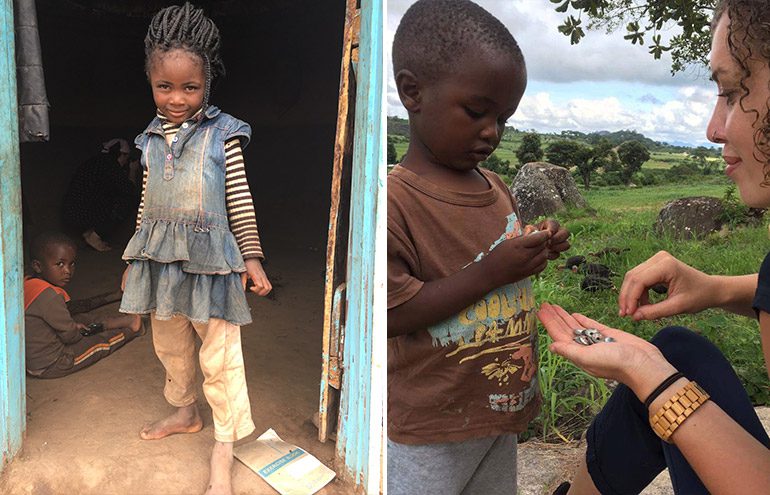
Photo: Abbie Trayler-Smith/OxfamAUS
The same day, I met a 16-year-old woman named Liliosa.
She’s the primary carer for her baby Nokutenda and her 13-year-old sister Letwin, who was born with HIV.
Liliosa knows hardship. Orphaned at age 11, she now worries how she will continue to feed her young family, and told me that they are often going without food.
https://youtu.be/M7PElmts6-w
I’m reminded that everything — health, hope, happiness — hangs in the balance when there’s little food and water.
Oxfam has delivered emergency food relief and rehabilitated boreholes so vulnerable communities can access clean, safe water.
I’m proud of our work, but so many people here still need food and water.
https://youtu.be/k-55D-IVD8I
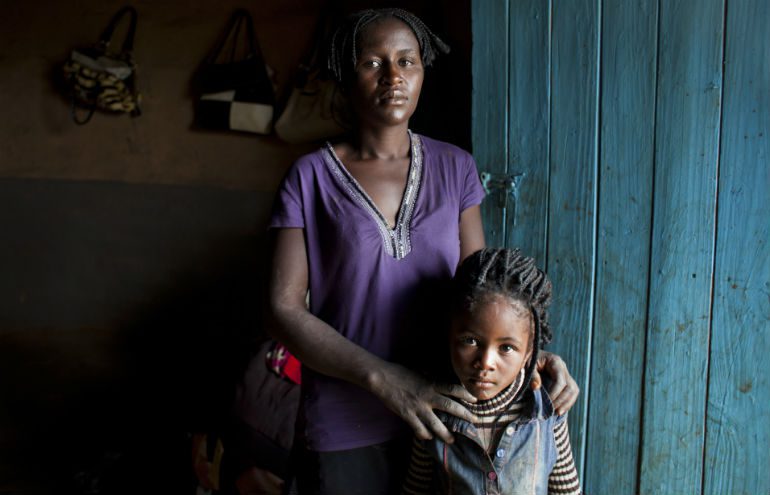
Help break the cycle of poverty
Families in Zimbabwe are facing an urgent hunger and cash crisis. Without food and water, children don’t have strength to attend school and thrive — and the cycle of poverty continues.